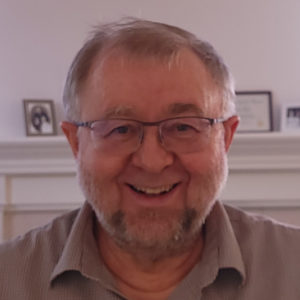The Theoretical Acceleration in Identification of Protein Structures
Knowledge of protein structure significantly aids in the investigation of macromolecular function, interactions, and biochemical pathways. It also impacts our understanding of human disease, and the development of therapeutics.
Major developments in both modeling and experimental determination of protein structure are dramatically changing the landscape of structural biology. First, advances in the utilization of multiple sequence information using coevolution analysis and machine learning have led to major breakthroughs in modeling of protein structures. Second, progress in cryo-EM has facilitated the determination of high-accuracy structures for large proteins and complexes.
The CASP (Critical Assessment of Structure Prediction) initiative assumes that progress in any field depends on being able to accurately assess the strengths and weaknesses of current methods, and that in modeling, methods can only be effectively assessed when models are produced without knowledge of the answers, i.e. the corresponding experimental structures.
Results from the most recent edition of CASP show dramatic improvement in computing the three-dimensional structure of proteins from amino acid sequence, with many models rivaling experimental structures in accuracy. We will examine the recent breakthroughs through the lens of DeepMind, a research company behind the deep learning advancements, as presented by Demis Hassabis, the company’s founder and CEO, and John Jumper, the lead of the AlphaFold2 project.
These results suggest that deep learning approaches will also be effective for a range of related structural biology applications, including macromolecular assemblies, ligand docking, alternative conformations, disordered states, interpretation of genetic variants, and protein design. In drug discovery, better ligand docking methods should speed up the identification of lead compounds, including drug repurposing opportunities.
Presented by:
Krzysztof Fidelis, PhD

Director, Protein Structure Prediction Center, University of California, Davis
No slides availableNavigate the Site
2025 GoldLab Symposium
Save the date!
Please join on May 15-16, 2025Presenters In The News
Contact Info










